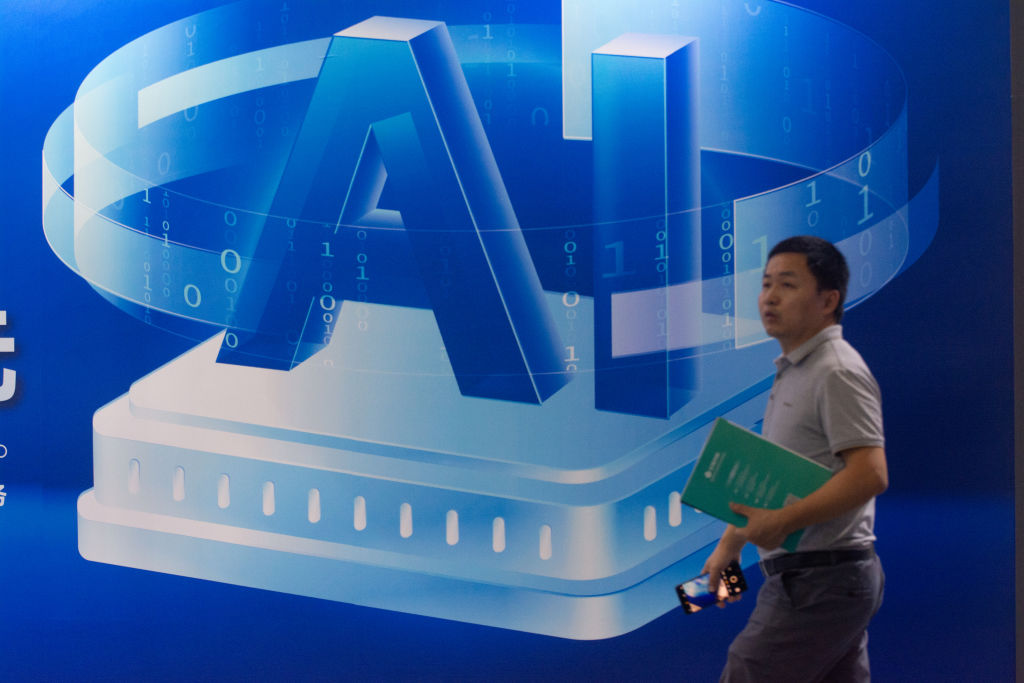Workers across industries are clamoring for artificial intelligence skills as the necessity for—and the value of—those skills skyrockets. A.I.-skilled workers can earn nearly $25,000 more per year on average simply by having experience using A.I. tools relevant to the job, according to a recent report from recruiting software company Ringover. In many cases, it’s not traditional educational settings providing those skills, but rather A.I. certifications. For example, Coursera’s free courses “A.I. For Everyone” and “Generative A.I. for Everyone,” hosted by A.I. education software DeepLearning.AI, are popular for beginners. They each take 5–6 hours to complete, making them much more concise than a college semester.
Google (GOOGL), meanwhile, has its own $49 A.I. Essentials Course, as well as a $75 million A.I. Opportunity Fund designed to spread the course at no cost to those who need it, like underserved communities, public-sector workers and nonprofit organizations across the U.S. Designed and taught by Google’s own A.I. experts, the approximately 10-hour course teaches workers foundational skills, best practices and responsible use in the realm of A.I.
One grant recipient of the Google fund, the nonprofit Goodwill Industries International, is funneling A.I. training to local communities. More than 80 percent of Americans live within 10 miles of a Goodwill store. “I think of a program like ours as more than a stopgap,” Steve Preston, president and CEO of Goodwill, told Observer. “There will always be the need to support people who do not have access to training through more traditional channels if we want to ensure people who need those skills don’t fall through the cracks.”
Another major provider of A.I. certifications is Amazon (AMZN) Web Services (AWS), which offers learning opportunities for technical and non-technical workers. In a recently announced initiative, Amazon aims to provide free A.I. training to two million people by 2025.
Bolivar Llerena, a senior associate at Kyndryl, a multinational IT company, holds A.I. certifications from IBM, Google and AWS. “Whenever there’s a current trend or something new, I’m there, learning all I can about it,” Llerena told Observer.
Based in Ecuador, Llerena chose certifications over a formal education for the flexibility and practical focus they offer in a fast-paced industry, something traditional universities haven’t yet competed with. Artificial intelligence degrees are trickling in at major U.S. universities such as the Pennsylvania State University, Carnegie Mellon and University of California, to name a few. However, undergraduate degrees take time and are more suited for younger people who have yet to enter the workforce. Even then, undergraduate college enrollment dropped 8 percent from 2019 to 2022, a steep decline that could be attributed to rising tuition, inflation and the lasting impact of the student loan crisis.
Meanwhile, technology skills are considered particularly perishable, meaning they are updated frequently and thus have a shorter half-life. From that vantage point, it makes sense that shorter, more frequent certification opportunities have become increasingly attractive to working professionals seeking upward mobility and staying power.
Llerena looked into the curriculum at his local university but found it was a bit outdated. This led to a search beyond the traditional educational landscape. AWS Educate kickstarted his learning journey. Over time, he pursued more A.I.-focused courses to account for the fast-evolving technology landscape.
Jenni Troutman, director of products and services for training and certification at AWS, told Observer, “Today’s hiring and learning and development teams acknowledge certifications as legitimate proof of people’s working knowledge in technical concepts they otherwise may not gain from a four-year degree or previous work experience.”
Tech giants like Google and Amazon are far from the only companies introducing A.I. certifications. A range of smaller organizations offer free and paid courses, which can be found through a quick Google search and on social media. In these cases, trustworthiness may not be a given, and background research on any offering is necessary. Reddit users are already reporting A.I. training course scams they’ve experienced.
Rather than a stopgap while traditional education catches up, online classes, boot camps, and other methods of gaining practical experience that employers are looking for have become learning destinations all their own.
This is true for a range of groups, from people already in Silicon Valley’s orbit to low-wage workers with untapped talent and potential who lack the specific skills to compete for well-paying jobs that require those skills. “Offering access to digital skills training, including effective use of A.I., provides more equitable access to learning, career opportunities and career growth,” Goodwill’s Preston said.

